Winter brings joy and festivities, but for many, it also comes with a common concern – increased hair fall. As the temperature drops, our hair faces various challenges that can lead to dryness, breakage, and overall hair health issues. In this article, we’ll delve into practical tips on how to stop hair fall in winter, ensuring your locks stay luscious and healthy throughout the colder months.
- I. Introduction
- II. Understanding the Causes of Hair Fall
- III. Hydration and Moisture
- IV. Balanced Diet for Healthy Hair
- V. Scalp Massage and Improved Blood Circulation
- VI. Avoiding Harsh Chemicals
- VII. Protective Hairstyles
- VIII. Adequate Sleep and Stress Management
- IX. External Factors and Hair Fall
- X. Regular Trims for Healthy Ends
- XI. Introducing Key Products in Winter Hair Care Routine
- XII. Lifestyle Adjustments for Hair Health
- XIII. Monitoring and Adapting to Seasonal Changes
- XIV. Conclusion
- FAQs
I. Introduction
A. Importance of Addressing Hair Fall in Winter
Winter hair care is crucial to maintain healthy locks and prevent excessive hair fall. The cold and dry weather can strip the hair of moisture, leading to a range of issues like breakage and split ends.
B. Seasonal Impact on Hair Health
Understanding how winter affects hair is the first step in devising an effective hair care routine. The combination of cold air, indoor heating, and other environmental factors can contribute to weakened hair strands.
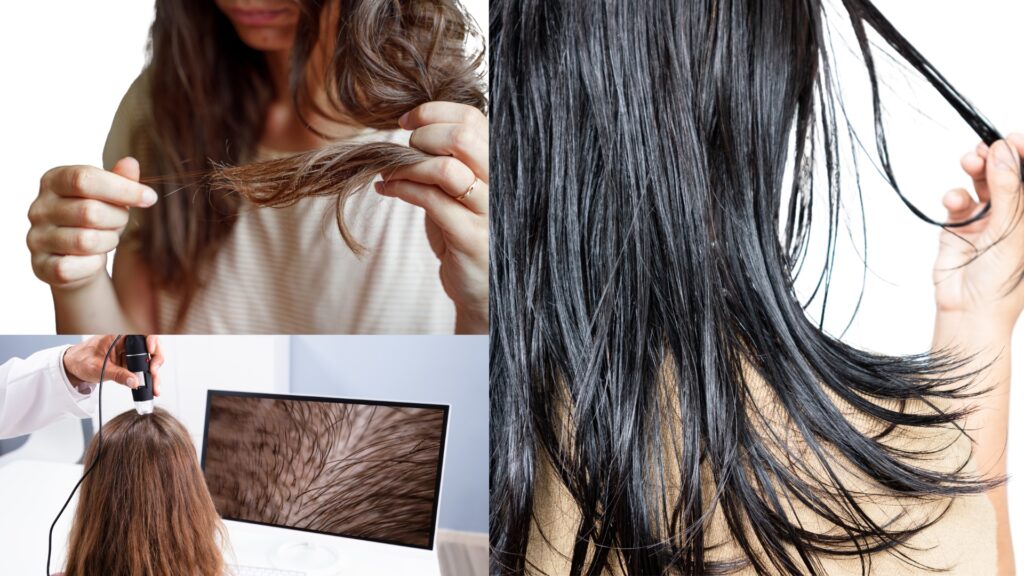
II. Understanding the Causes of Hair Fall
A. Dry Scalp and Lack of Moisture
The lack of humidity in winter can result in a dry scalp, leading to itchiness and increased hair fall. Proper hydration is key to combat this issue.
B. Reduced Blood Circulation
Cold temperatures can constrict blood vessels, reducing blood circulation to the scalp. Poor circulation means less nourishment for hair follicles, resulting in increased hair fall.
C. Nutritional Deficiencies
Winter diets may lack essential nutrients, affecting hair health. Deficiencies in vitamins and minerals contribute to weak and brittle hair.
III. Hydration and Moisture
A. Importance of Hydration for the Scalp
Keeping your scalp hydrated is crucial in combating winter hair issues. Regularly moisturizing the scalp prevents dryness and flakiness.
B. DIY Moisture-Boosting Hair Masks
Indulge in DIY hair masks using natural ingredients like honey, avocado, and coconut oil. These masks provide intense moisture, promoting healthy hair.
C. Choosing the Right Winter Hair Care Products
Opt for shampoos and conditioners designed for winter use. Look for products with hydrating properties to keep your hair moisturized.
IV. Balanced Diet for Healthy Hair
A. Nutrient-Rich Foods for Winter
Include foods rich in vitamins A, C, and E, as well as omega-3 fatty acids. These nutrients are vital for maintaining strong and resilient hair.
B. Incorporating Vitamins and Minerals
Supplement your diet with vitamins and minerals if needed. Consult a nutritionist for personalized advice based on your hair’s specific needs.
C. The Role of Protein in Preventing Hair Fall
Protein is a building block for hair. Ensure your diet includes an adequate amount of protein to promote hair strength and prevent breakage.
V. Scalp Massage and Improved Blood Circulation
A. Benefits of Regular Scalp Massages
Regular scalp massages stimulate blood flow, nourishing hair follicles and promoting hair growth. Set aside time for a relaxing massage at least once a week.
B. DIY Techniques for Effective Blood Circulation
Simple techniques, such as gentle circular motions with your fingertips, can enhance blood circulation. These easy practices can be done at home for effective results.
C. Using Essential Oils for Enhanced Results
Incorporate essential oils like peppermint or lavender into your scalp massage routine. These oils not only improve blood circulation but also provide additional benefits for hair health.
VI. Avoiding Harsh Chemicals
A. The Impact of Harsh Winter Chemicals on Hair
Winter often involves exposure to harsh chemicals, both indoors and outdoors. Limit exposure to chemicals like chlorine and choose sulfate-free hair care products.
B. Choosing Gentle Shampoos and Conditioners
Opt for mild, sulfate-free shampoos and conditioners to prevent further drying of the hair. Gentle products ensure effective cleaning without stripping away natural oils.
C. Homemade Alternatives for Chemical-Free Hair Care
Explore DIY hair care alternatives using natural ingredients. From homemade shampoos to conditioning treatments, these options promote chemical-free care.
VII. Protective Hairstyles
A. Reducing Hair Breakage with Protective Styles
Consider protective hairstyles like braids, buns, or twists to minimize friction and breakage. These styles also shield your hair from the harsh winter elements.
B. Winter-Friendly Hairstyles to Prevent Damage
Opt for hairstyles that keep your hair protected during winter activities. Simple adjustments can go a long way in maintaining healthy hair.
C. Tips for Maintaining Healthy Hair While Styling
Whether using heat styling tools or opting for protective styles, ensure your hair is well-moisturized and conditioned to prevent damage.
VIII. Adequate Sleep and Stress Management
A. The Connection Between Sleep and Hair Health
Adequate sleep is essential for overall well-being, including hair health. Prioritize a good night’s sleep to support your body’s natural repair processes.
B. Stress Reduction Techniques for Better Hair
Stress can contribute to hair fall. Incorporate stress-reducing activities like meditation, yoga, or deep breathing exercises into your routine.
C. Establishing a Healthy Sleep Routine in Winter
Create a sleep-friendly environment by keeping your bedroom cool and dark. Establish a consistent sleep routine to improve the quality of your rest.
IX. External Factors and Hair Fall
A. Effects of Extreme Weather Conditions
Protect your hair from extreme weather conditions by wearing hats or scarves. These accessories provide an additional layer of defense against the cold.
B. Protecting Hair from Wind, Cold, and Indoor Heating
Shield your hair from the drying effects of wind and cold temperatures. Additionally, humidify indoor spaces to prevent excessive dryness from heating systems.
C. Winter-Specific Care for Various Hair Types
Different hair types may require specific care. Tailor your winter hair care routine to suit your hair’s unique needs, whether it’s curly, straight, or textured.
X. Regular Trims for Healthy Ends
A. The Significance of Trimming in Winter
Regular trims prevent split ends and breakage, promoting overall hair health. Schedule a trim every few weeks to maintain the integrity of your hair.
B. DIY Trimming Techniques at Home
If visiting a salon isn’t feasible, learn basic trimming techniques to keep your hair ends healthy. Invest in quality scissors for precision.
C. How Trimming Promotes Overall Hair Health
Trimming removes damaged ends, allowing your hair to grow stronger and preventing further issues. Make it a regular part of your winter hair care routine.
XI. Introducing Key Products in Winter Hair Care Routine
A. Moisturizing Shampoos and Conditioners
Invest in shampoos and conditioners that prioritize moisture. Look for ingredients like shea butter or argan oil for deep hydration.
B. Hair Serums and Oils for Extra Nourishment
Hair serums and oils provide an extra layer of protection against winter dryness. Apply these products to the ends of your hair for added nourishment.
C. The Benefits of Leave-In Conditioners
Leave-in conditioners offer continuous hydration throughout the day. Apply a small amount to damp hair for long-lasting moisture.
XII. Lifestyle Adjustments for Hair Health
A. Staying Active for Improved Blood Circulation
Regular exercise enhances blood circulation, benefiting your scalp and hair. Find activities you enjoy to make staying active a part of your routine.
B. The Impact of Smoking and Alcohol on Hair Fall
Smoking and excessive alcohol consumption can contribute to hair fall. Consider reducing or eliminating these habits for overall health benefits.
C. Incorporating Stress-Relieving Activities
Find activities that help you relax and unwind. Whether it’s reading, gardening, or spending time with loved ones, these activities positively impact your overall well-being.
XIII. Monitoring and Adapting to Seasonal Changes
A. Adjusting Hair Care Routine with Changing Temperatures
As winter transitions, adapt your hair care routine accordingly. Adjust product usage and styling methods based on the evolving weather conditions.
B. Recognizing Signs of Seasonal Hair Fall
Stay attentive to changes in your hair. If you notice increased shedding or breakage, take proactive measures to address the issue promptly.
C. Seeking Professional Advice When Needed on how to stop hair fall in winter
If hair fall persists, consult a professional hairstylist or dermatologist. They can provide personalized advice and solutions based on your hair’s unique needs.
XIV. Conclusion
A. Recap of Key Winter Hair Care Strategies
Winter hair care involves a holistic approach, addressing hydration, nutrition, styling, and lifestyle factors. By incorporating these strategies, you can prevent and manage hair fall effectively.
B. Encouraging a Proactive Approach to Prevent Hair Fall
Taking proactive steps in your winter hair care routine sets the foundation for healthy and resilient hair. Implementing these tips can make a significant difference in preventing hair fall.
FAQs
- Can I use the same hair care routine throughout the year? It’s essential to adapt your hair care routine to seasonal changes. Winter requires additional hydration and protection, so consider adjusting your products and practices accordingly.
- Are DIY hair masks effective for preventing winter hair fall? Yes, DIY hair masks can be highly effective. Ingredients like honey, avocado, and coconut oil provide natural moisture, helping combat dryness and prevent hair fall.
- How often should I trim my hair in winter? Regular trims every few weeks are beneficial in winter to prevent split ends and breakage. DIY trimming techniques can be employed between salon visits.
- Can stress really cause hair fall, and how can I manage it? Stress is a known factor contributing to hair fall. Incorporating stress-reducing activities such as meditation, yoga, or deep breathing can help manage stress levels.
- Is it necessary to consult a professional for persistent hair fall issues? If you notice persistent hair fall despite following preventive measures, it’s advisable to consult a professional hairstylist or dermatologist for personalized advice and solutions.
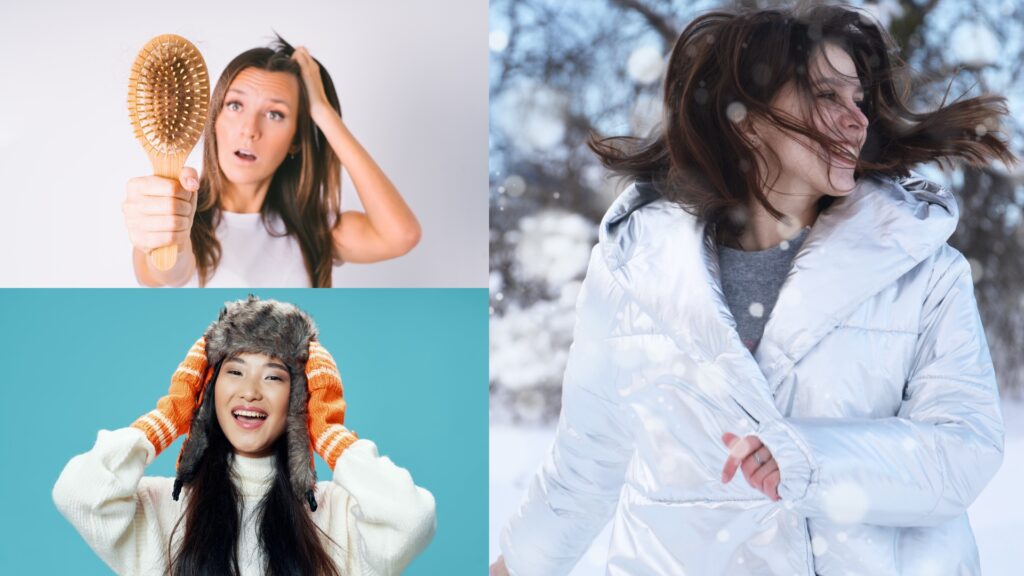
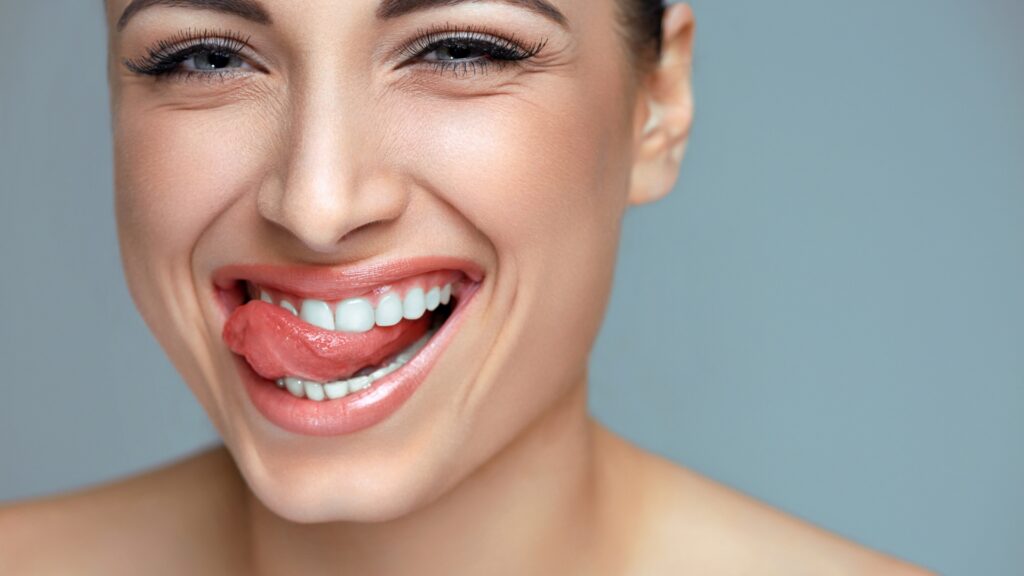
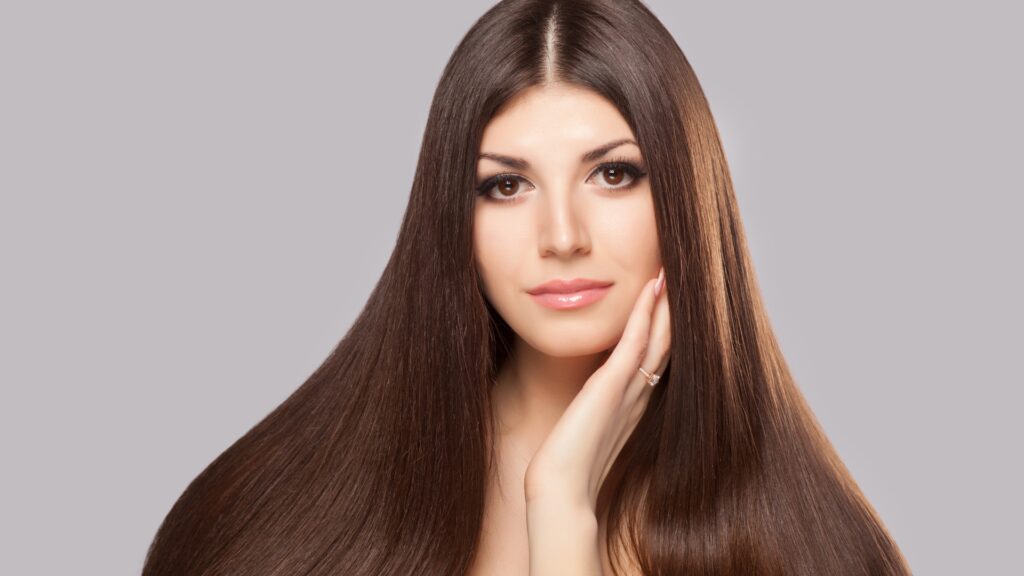


Pingback: Which vitamin deficiency causes hair loss - Find It Today.